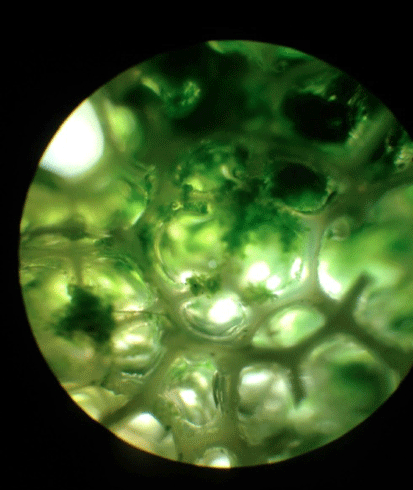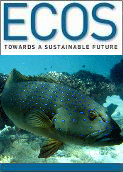
|
Published: 25 June 2012
Oz algal company signs US$100M Chinese deal
An Australian bio-technology company has signed a US$100 million agreement licensing a Chinese company to build their patented algae cultivation units, which will be used to reduce CO2 emissions from manufacturing plants in China.
Advanced Algal Technologies, an Australian-owned bio-technology company that specialises in algae cultivation and production, has signed a joint venture agreement with Chinese company Fuzhou Xiangli Enterprise Management. The agreement is worth US$100 million and covers a license for 20 years to build 500 conveyor modular units per year.
Advanced Algal technology will be used to reduce CO2 emissions from manufacturing plants in China. Captured emissions are fed into a modular-conveyor belt system and used by algae in photosysnthesis. Harvested algae can then be processed and transformed into various products such as bio-diesel and other algae-based protein products such as animal feed, and pharmaceuticals.
The belt system is designed to maintain moisture and increase surface area for mass algae cultivation. More commonly-known methods of growing algae are open ponds or bio-reactors in forms such as horizontal tubes, sheets of glass or plastic with water sandwiched between the sheets. In contrast, the Advanced Algal system grows on a fabric belt. This allows the algae to traverse through a controlled climate enabling a high density of algae cultivation.
The conveyor system is designed for rapid assembly and can be built to scale, with the ability to maintain perfect algae growing temperatures.
Advanced Algal’s system is an insulated unit, and provides a humid and temperature-controlled atmosphere for algae growth, removing unwanted effects from external sources. Under these conditions, algae can double in mass every twenty-four hours.
‘The principle of our technology is simple,’ says Joseph Takacs, chief engineer at Advanced Algal Technologies.
‘Algae cultivation in a pond system is a fundamentally basic technology – as it is still subject to external conditions such as weather, pollutants and wildlife. Bio-reactors, better known as tube algae growth systems, are another step forward.
‘However, there is a need to find a better way to extract algae and control the environment. Advanced Algal’s Algae Farming Conveyor Modular system gives us the ability to have complete control over the cultivation stage and its environment for a maximum algae yield.’
Source: Advanced Algal Technologies




